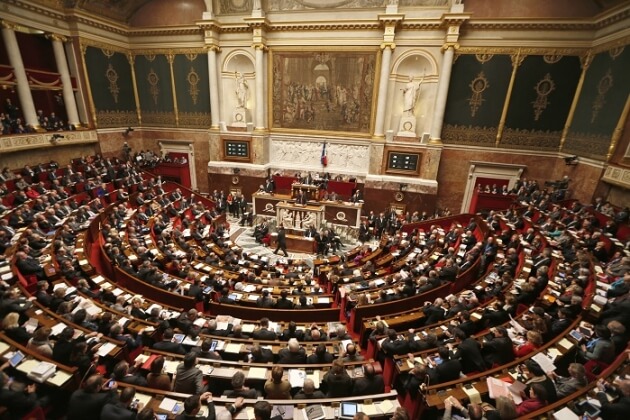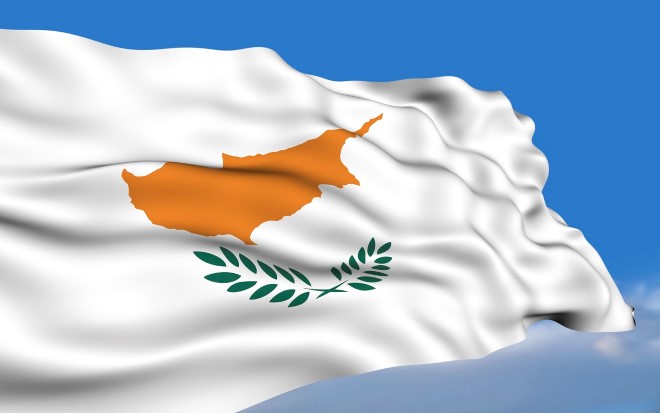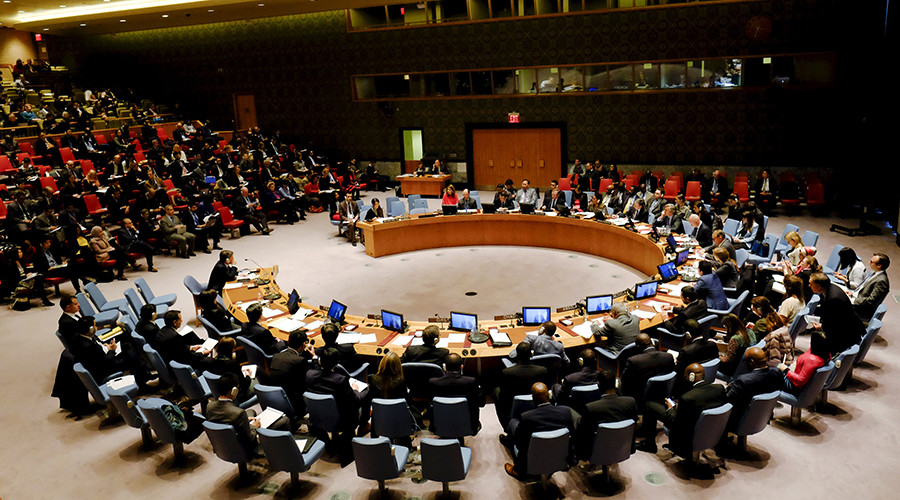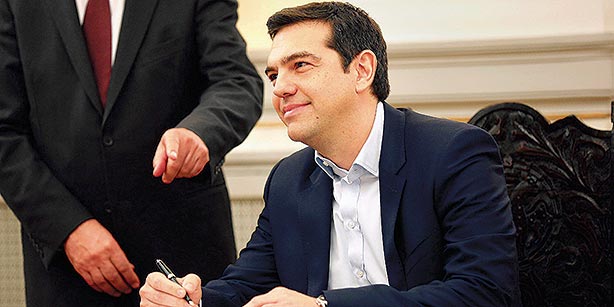By Sotiris Paulopoulos
On 7th July, following the example of the French National Assembly and Senate and four regional parliaments in Italy, the Cyprus Parliament passed a resolution calling on the government to work toward ending EU sanctions on Russia. The resolution was passed with 33 votes in favour. The 17 MPs of the ruling right-wing party DISY who were present abstained. The resolution, which was introduced by the parliamentary faction of the Leftist AKEL (Progressive party of the working people of Cyprus) and supported by all Cypriot parties except DISY, urges the government to work in the European Council towards ending the sanctions on the Russian Federation, calling the sanctions counter-productive. While the sanctions on Russia have not helped resolve the Ukraine crisis – the reason invoked for them – they have hurt trade between Cyprus and Russia, the House said.
The motion in this form is not mandatory for the government. Foreign Secretary Kasoulides (of the DISY party) said that his government respects the decision of the Parliament, but foreign policy is nevertheless the exclusive domain of the executive power.
“The sanctions imposed by the EU on Russian nationals, particularly on members of the State Duma of the Russian Federation are unacceptable,” the resolution read.
Many of these Russian nationals and officials were friends of Cyprus, it noted.
The resolution called on all parties involved in the Ukraine crisis to press on with efforts for a peaceful resolution and to fully implement the Minsk II agreement of February 12, 2015
The Russian Foreign Ministry has praised Cyprus for its resolution to lift the European Union’s sanctions on Moscow, saying that the move indicates a growing understanding among EU members of the negative impact being exercised by the restrictive measures.
“Provisions of the resolution are advisory in nature, but such an outcome of the vote reflects the desire of the overwhelming majority of Cypriot people to restore the mutually beneficial trade and economic ties with Russia. They show the growing awareness in member countries of the EU the real situation concerning the anti-Russia sanctions and their negative impact on national economies, and European security in general” the ministry said in an online statement.
Interestingly, the vote in Cyprus coincided with publication of the data by a leading French research centre on the economic losses to the EU, which amounted to $60.2 billion, the greatest being in Germany, Poland, Holland and France. Germany loses $832 million monthly, Poland $210 million, and the Netherlands and France about $200 million each. Among the worst affected are Cyprus, Italy, Greece and Spain.
The anti-Russian sanctions were first imposed over what EU calls annexation of Crimea and Russia calls reunification with Crimea, and the supposed “involvement” of Russia in the Ukrainian crisis in 2014. They were then extended invoking “lack of implementation of the Minsk agreements” aimed at facilitating a peaceful settlement of the crisis, charges which Russia has repeatedly denied.
Earlier this month the EU announced prolongation of the economic sanctions targeting specific sectors of the Russian economy until Jan. 31, 2017, which Russia blasted as a continuation of Brussels’ “short-sighted” policy.











